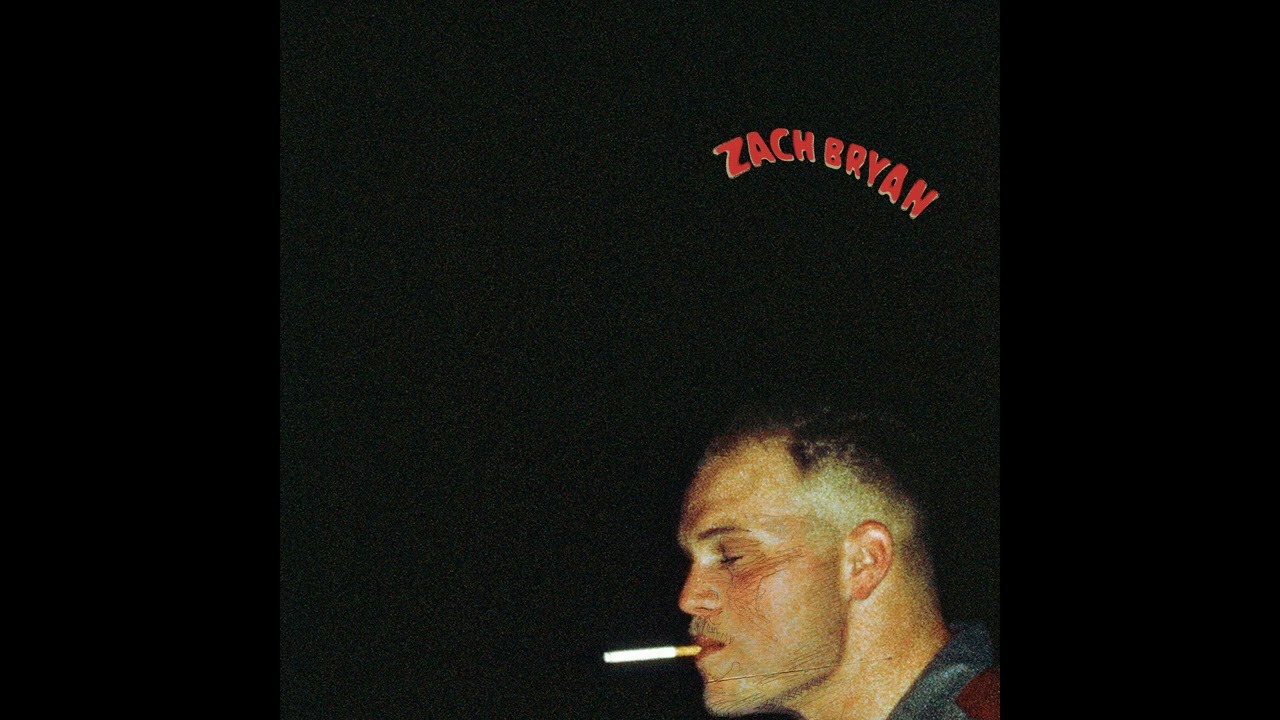This interpretation of “I Remember Everything” by Zach Bryan featuring Kacey Musgraves may or may not be exactly what the singers intended, but we’re going to explore the emotions, memories, and conflicts that rise and fall through every verse and chorus.
In the opening line, “Rotgut whiskey’s gonna ease my mind,” Zach sets the tone with raw honesty. Whiskey here is more than just a drink; it’s a coping mechanism, something to drown the memories, soften the pain. But there’s irony. As the song unfolds, we realize the alcohol doesn’t help him forget. Instead, it sharpens the memories. He remembers everything.
“Do I remind you of your daddy in his ’88 Ford?” This question brings a vivid image to mind, grounding us in a specific memory. The old Ford represents something familiar, something broken-in, just like their relationship. There’s a hint of nostalgia, maybe even a bit of longing to be seen as dependable, but also a subtle fear that the comparison might not be favorable. It’s not just the truck; it’s a reflection of who he is in her eyes.
As the verse continues with, “The sand from your hair is blowin’ in my eyes, blame it on the beach, grown men don’t cry,” Zach’s trying to laugh off the emotion, using humor to shield his vulnerability. That last line, though—grown men don’t cry—is both a societal expectation and a personal denial. He’s feeling everything, but he’s telling himself he shouldn’t. There’s a disconnect between what he feels and what he shows.
The next part introduces a deeper emotional connection: “Do you remember that beat-down basement couch?” He’s taking us back to an intimate, likely simpler time, where love and connection flourished in a space that didn’t need to be fancy. It was real, raw, and imperfect. The couch symbolizes that time in their lives—worn, perhaps neglected, but filled with memories that have stuck.
When Zach sings, “How your mama ran off and pawned her ring,” we glimpse the other person’s pain. It’s not just his story; it’s theirs. Her family, her trauma, it all weaves into their shared history. And he remembers it all. He doesn’t just recall the good parts. He’s holding onto the weight of her past, too. This paints a picture of a relationship full of empathy and deep emotional scars.
Moving into the chorus, “A cold shoulder at closing time, you were beggin’ me to stay ’til the sun rose,” the heartbreak becomes clearer. They’re drifting apart, but she’s still clinging to him. Closing time isn’t just literal—it’s the metaphorical closing of their time together, and even though she begs, the distance between them is already growing. The sun rising symbolizes hope, but it’s also a reminder that the night—where their connection lives—is fading.
“Strange words come on out of a grown man’s mouth when his mind’s broke,” is another striking line. It speaks to how grief, stress, and heartbreak twist the words that come out. The things said in the heat of the moment, when someone’s mind is fractured, reveal more than they intend. It’s those strange words, once uttered, that linger in memory.
Then comes Kacey’s verse, and immediately she flips the perspective: “You’re drinkin’ everything to ease your mind, but when the hell are you gonna ease mine?” She’s not just a bystander to his self-destruction; she’s a casualty. This is her cry for help, her plea for him to understand that while he’s trying to numb his pain, he’s unknowingly amplifying hers. Her frustration cuts through sharply.
“You’re like concrete feet in the summer heat,” she says, which perfectly captures the heaviness of being with him. He’s weighed down, and in turn, he’s weighing her down too. It’s suffocating. She’s burning up in the intensity of their connection, but it’s not the warmth of love—it’s the scorching pain of two people who can’t move forward or break free.
In the chorus, they come together again, singing about “cold shoulders” and “strange words.” There’s a shared history here, but there’s also shared damage. Both of them are haunted by these memories, these nights they spent together, and even as they sing about it, there’s a sense that they’re reliving the pain with each word.
The outro brings us back to that opening image: “Rotgut whiskey’s gonna ease my mind.” This time, it feels different. The repetition of the line doesn’t bring the same promise of comfort. If anything, it’s a resigned acceptance that the whiskey isn’t enough, that the memories are stronger than any attempt to drown them.
As Zach asks again, “Do I remind you of your daddy in my ’88 Ford?” it feels like he’s grasping for an identity, trying to figure out what he means to her, but also questioning if he can ever be more than just a fleeting reminder of something else.
